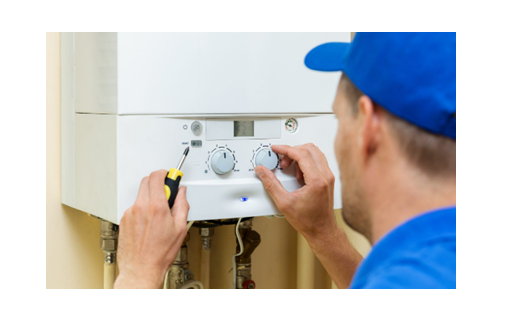Broken Boiler Rented Property
Broken Boiler Rented House

So you have just had a LANDLORDS GAS SAFETY INSPECTION. You've read the report and a few issues have been highlighted. Here's a run down of the most popular fault we find whilst inspecting landlords tenanted properties.
System pressure low - There are many types of heating systems. Now'a'days the most common being a combination boiler. Combi boilers are a sealed system and require pressure to operate. Just like a car needs pressure in the tyres.
Quick Science Trivia. When a gas, liquid, or a solid object heats up. It expands. Therefore when your boiler heats up the water. That water needs to expand. Due to this expansion. The system has to incorporate a device called an expansion vessel. This vessel is basically a metal balloon. Inside is a rubber diaphragm. One side of the diaphragm is filled with air. The other side is filled with the water from your heating system. If, or when this rubber diaphragm rips. Both sides of the vessel fills with water. As you've probably guessed. Now there is nowhere for the hot water to expand in to.
The boiler doesn't like this and gets rid of the expanded water (hopefully to the outside of the property). But when the water cools. The water contracts and pressure drops. Boilers differ, some models will still operate on zero pressure. However some will not. The user will either feel a lack of hot water whilst getting in the shower. Or notice the gauge on the front of the boiler reading zero bar.
This is where the problems REALLY start. The user will sometimes increase the system pressure using the little chrome flexible pipe (filling loop) usually found below the boiler. But to their horror. The complete process happens again. Eventually leading to the filling loop being left open. The user thinks GREAT, I've fixed it.
Sorry to inform you. But you've just made things worse. Now the heating system is pressurized to mains pressure. So when your boiler heats the water. The system pressure will approximately double (NOT GOOD).
Luckily there is a secondary safety device called a Pressure Relief Valve. This will usually operate and allow excess pressure out of the system. But this pressure (hot water) has to go somewhere. Usually down the outside wall. We all love visiting a scenic waterfall. But house bricks are like sponges. Within months this waterfall will be creating some serious damp issues in the property. So what was an easy repair. Is now going to cost heartache and thousands of pounds.
So to summarize - If your boiler is, or has lost pressure. Get it checked and repaired. DO NOT leave the filling loop open!
I hope this shines some light on one, if not the most common fault found during inspections. If system pressure has been recorded on one of your boiler services or landlords gas safety reports. Feel free to contact us. We will be happy to help.
Thanks for reading!

